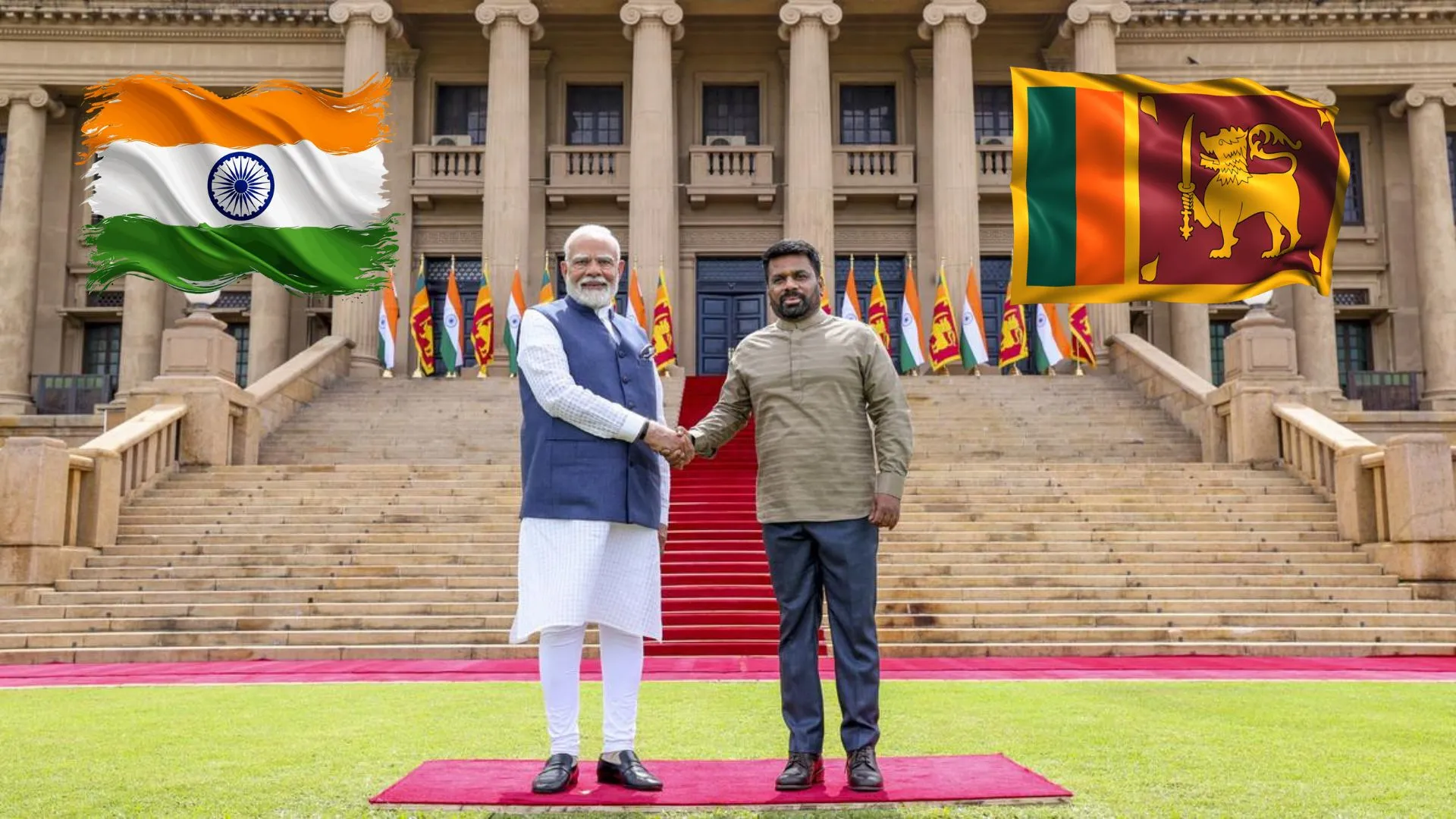Emphasising primary health care as its cornerstone, the World Health Organisation (WHO), the United Nations (UN) and its member states in the South-East Asia region highlighted the urgent need to accelerate progress towards the achievement of Universal Health Coverage (UHC).
The international organisations, along with the member states, highlighted the issue on the occasion of International Universal Health Coverage Day.
“At the regional level, the South-East Asia Region has prioritised UHC as a flagship priority since 2014. Over the last decade, very significant UHC-related reforms have been and are currently in the process of implementation across the region,” WHO Regional Director for South-East Asia, Khetrapal Singh, said, adding, “Important gains are already evident.”
Notably, between 2015 and 2021, the region increased its UHC service coverage index from 54 to 62. However, she emphasised that the progress to date remains insufficient to achieve the UHC SDG targets.
Of particular concern, while noncommunicable diseases cause nearly two-thirds of all deaths in the region, the regional average noncommunicable diseases sub-index has evidenced the slowest pace of improvement. Acceleration towards UHC is needed in a time of significant global turbulence, with escalating pressures and demands on health systems, including the COVID-19 pandemic, ongoing global conflicts, subsequent and associated economic challenges, epidemiological and demographic transitions, intensifying climate crises, increasing frequency of new and novel pathogens, rapid urbanisation, the need for integration of historically siloed programmes and approaches, and increased population expectations collectively demanding more from health systems across the region.
Over a month ago, during the WHO SEA Region 76 Regional Committee, Session Ministers of Health adopted the “Delhi Declaration on strengthening primary health care as a key element towards achieving universal health coverage”.
















